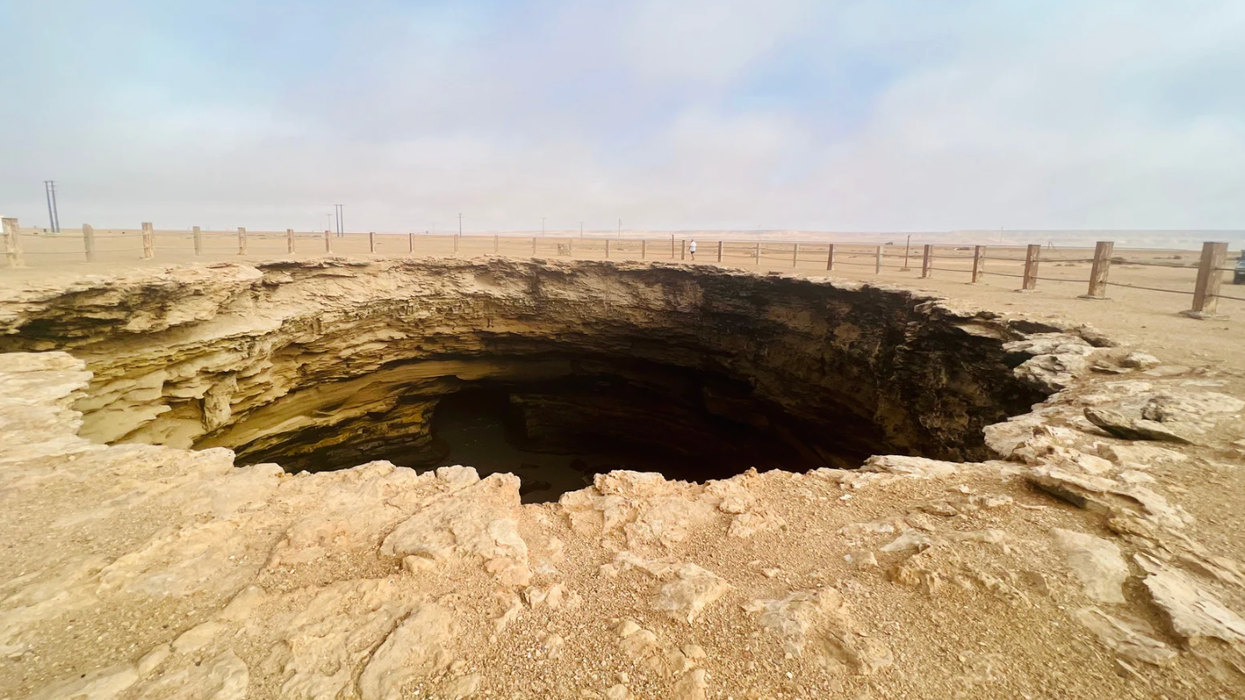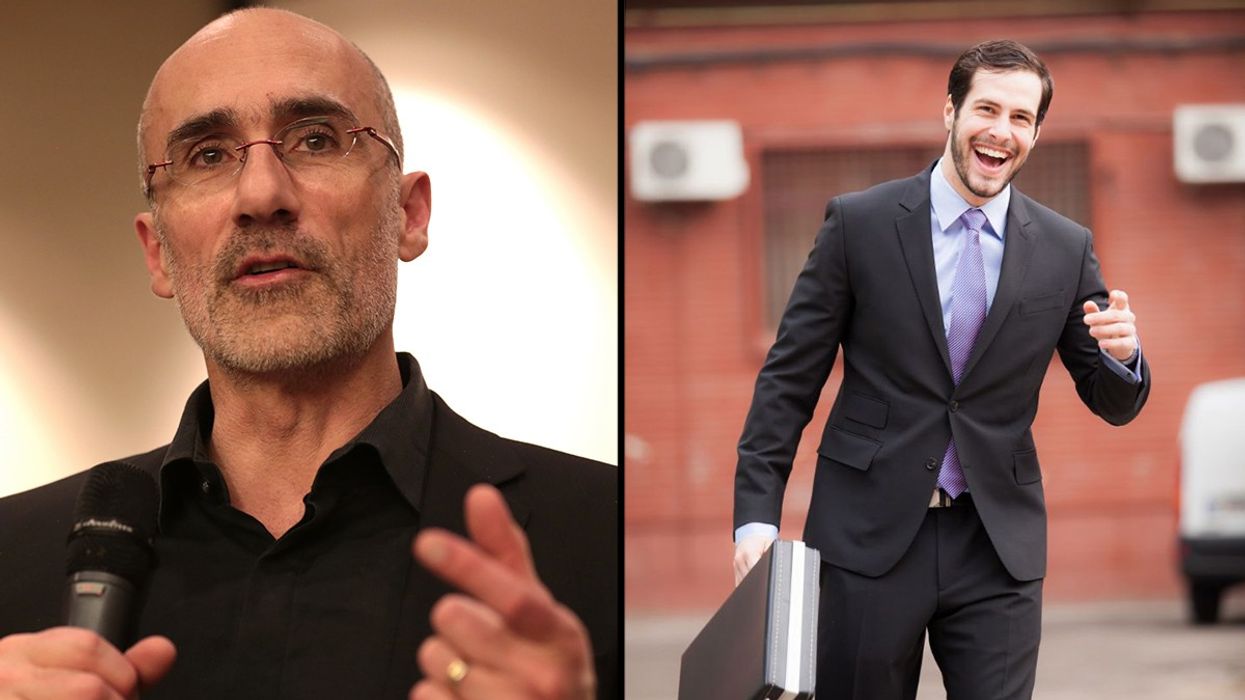SAmericans may think of Sesame Street as a largely domestic program, speaking to a largely American audience of children, but today the show is nothing short of an international institution, broadcast to children in over 150 countries. The show has never shied away from life lessons that, though important, can be difficult or unpleasant to handle on a children’s program. Those past topics have included death and grief, autism, homosexuality, and divorce.
Tackling social issues isn’t something the program takes lightly, and in preparation for an ongoing discussion of refugee families and immigration, the show is working in consultation with an impressive array of consultants to ensure they take on the right subjects the right way.
The CEO of Sesame Workshop, Jeff Dunn, sees refugee children among the show’s highest priorities, stating, “I think it's fair to say there are no more vulnerable people in the world than these refugee families and kids."
To make sure Sesame Street does right by these families, the show is working closely with the International Rescue Committee to seek guidance from “relief organizations, trauma experts, academics, and others who have worked with refugees,” according to NPR. Outside of the IRC, the show is consulting with UNICEF, Lebanon's Ministry of Health, the Arab Network for Early Childhood Development, World Vision, the World Bank, Harvard University, and Columbia University.
Producers and execs will also be visiting refugee camps in Jordan to see the realities of the issue firsthand.
The show has broached the subject before in 2016, hosting no less than former State Department Deputy Secretary Tony Blinken to speak with Grover about what a refugee is.
In its growth from a U.S. show to a worldwide broadcast, Sesame Street has taken pains to ensure that the show offers content that suits the myriad cultures in the countries in which it airs. Speaking to lessons Americans would accept as innocuous, like inclusivity, the show must temper or alter its message in other markets. “In many of these populations,” said Cairo Arafat, who oversees production of the Arabic language Sesame Street. “Children are still taught, ‘No. Be wary of the people who don't talk like you, don't look like you or come from a different sect.’”
Due to self-imposed research requirements, there’s no specific timeline for the airing of refugee-oriented content, but you can be assured that when it does air, it will do so with a wealth of understanding to shape the content.















 Otis knew before they did.
Otis knew before they did.